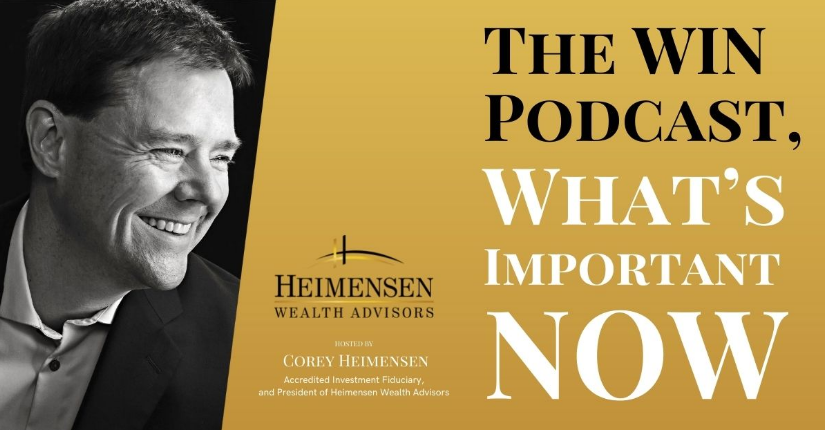
The 100 Lessons Project (EP. 100)
Episode 100 is here — and we’re celebrating by distilling 100 conversations into the Top 10 lessons that have shaped how we think about money, mindset, leadership, and purposeful living. From Olympic-level preparation and strategic financial planning to the domino effect of small habits and becoming the “coffee bean” under pressure, this episode captures the ideas that mattered most. These aren’t just highlights — they’re principles we’ve seen play out in real lives, real markets, and real decisions.
Reaching 100 episodes is a milestone we don’t take lightly. Most podcasts never get here, and we’re grateful for every listener who has joined the journey. In this special episode, Corey and Zed go back and forth, sharing the lessons that have defined WIN — and what will guide the next 100. If you want a condensed blueprint for what truly matters now, this is the episode to hear.
Resources
Connect
- (712) 472-3867
- Toll-Free: 800-657-4316
- LinkedIn: Corey Heimensen
- Heimensen Wealth Advisors
- Facebook: Heimensen Wealth Advisors
Podcast: Play in new window | Download | Embed